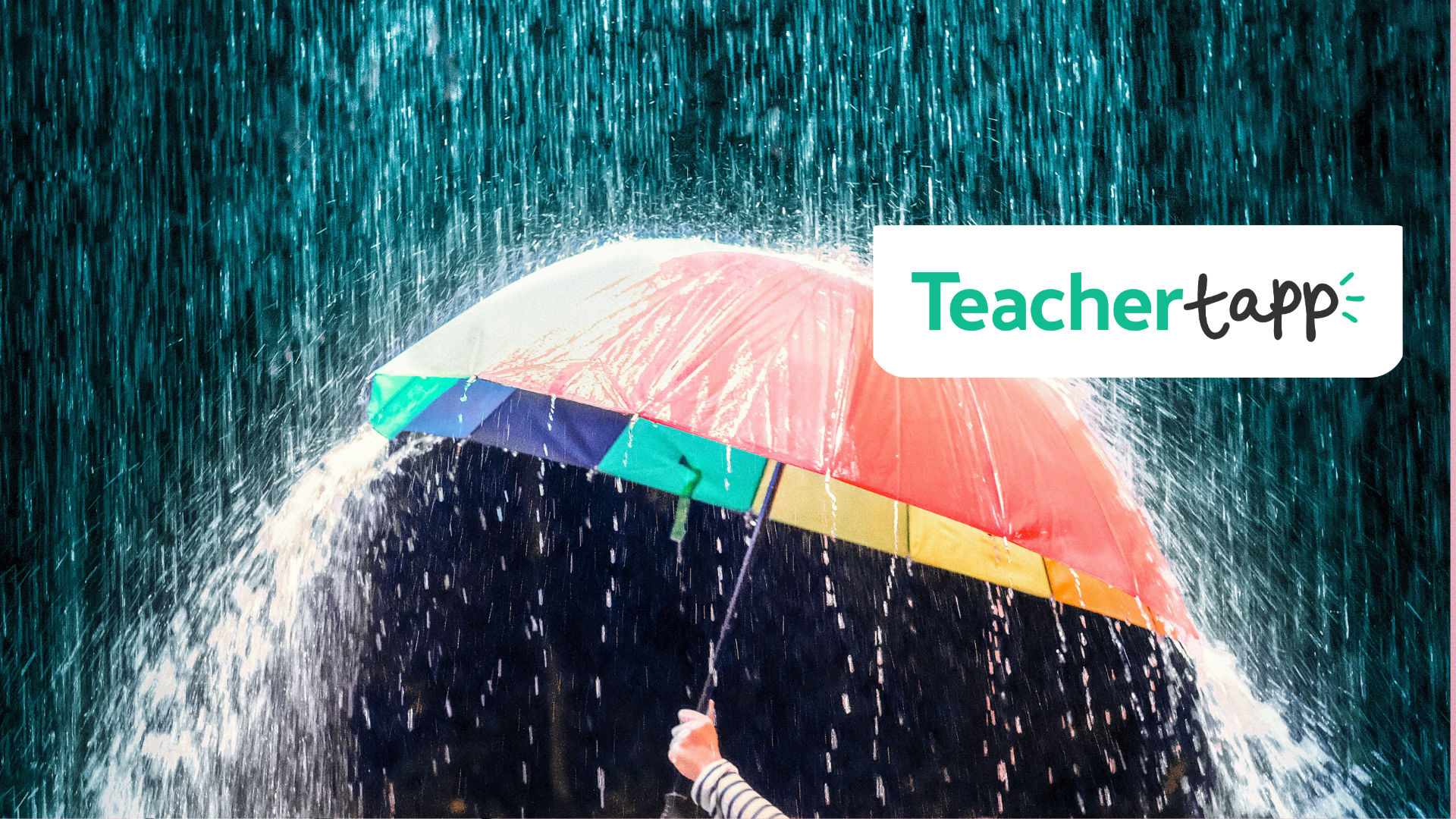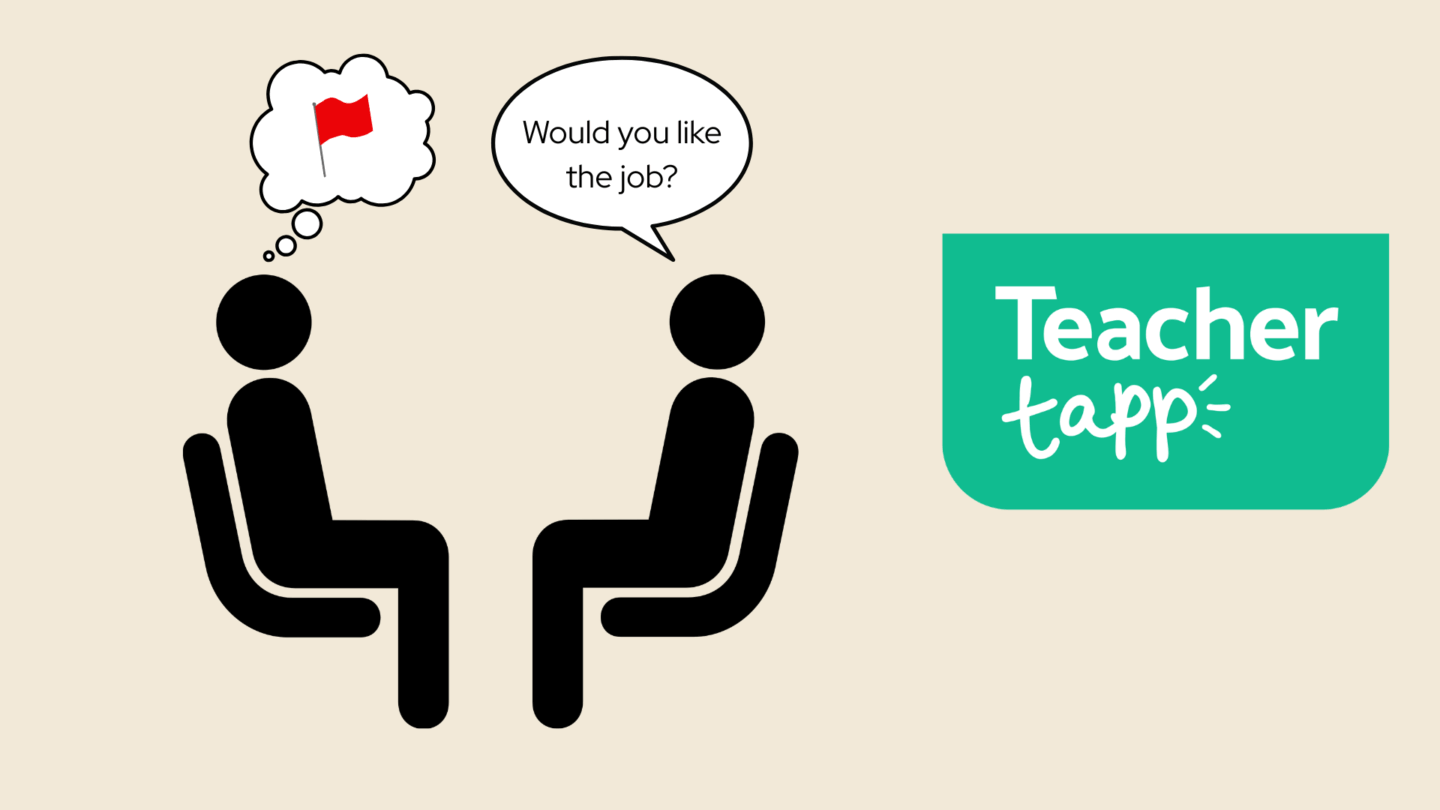Greetings, Tappsters!
We have a new prize draw! This month, one lucky Teacher Tapper will win a £500 grocery voucher.
Taking part is easy! All you need to do is tap! Read more about the details of the comp and see the full terms and conditions here.
We’ll share the winning ticket codes on our socials, and email the winners too.

Now, let’s find out what you have told us this week…
School priorities
Every school has different priorities depending on their contexts: but which issue takes the number one spot?
In primary schools…
- For classroom teachers, the most common response is behaviour in lessons (28%).
- Middle leaders follow a similar pattern, and their top choices is also behaviour in lessons (23%).
- Senior leaders and headteachers, however, differ. Adaptive teaching is the top priority (25%).
In secondary schools
- For classroom teachers, the most common response is behaviour in lessons (36%).
- Middle leaders follow a similar pattern, and their top choices is also behaviour in lessons (29%).
- Again, just like in primary, senior leaders and headteachers, however, differ. Adaptive teaching is the top priority (21%).
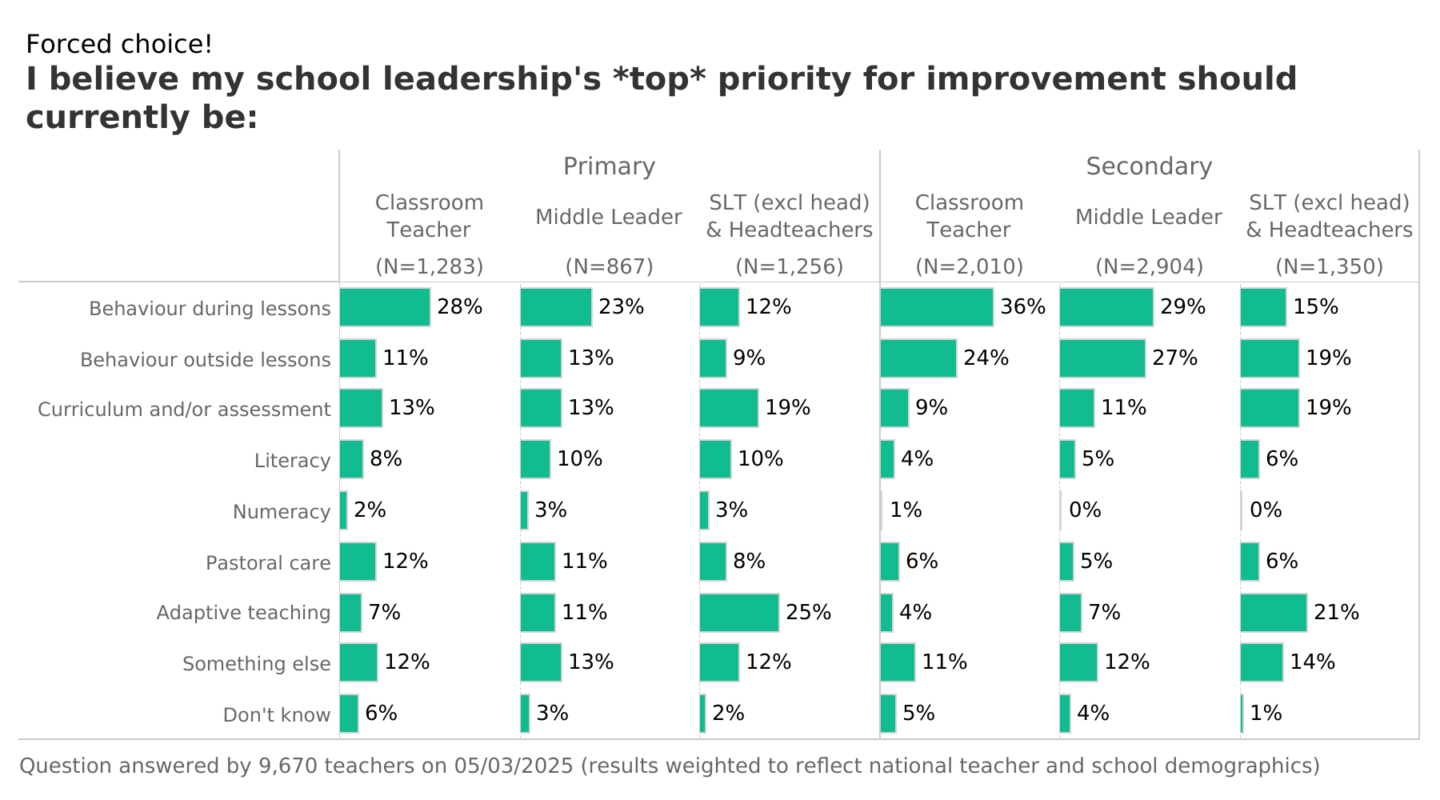
Trends over time
Looking overall across both phases, classroom teachers picking behaviour in the classroom is up FIVE percentage points since 2022 (32% UP from 27% in 2022), but for senior leaders and headteachers, there has been no change in the numbers picking behaviour (22%), and in fact, there has been a FIVE percentage point DROP in the number selecting behaviour outside of lessons (13% DOWN from 18% in 2022).
Instead, more leaders are picking adaptive teaching – this has risen EIGHT percentage points since 2022 (23% UP from 15% in 2022).
Break duty
Perhaps some of the reports of behaviour outside of lessons comes down to what happens at break and lunch. After all, although it happened on the playground…you’re still dealing with it in the classroom!
Half of primary teachers spent lesson time resolving playtime issues this week – and this is slightly lower than in previous years when it has ranged between 54%-60%.
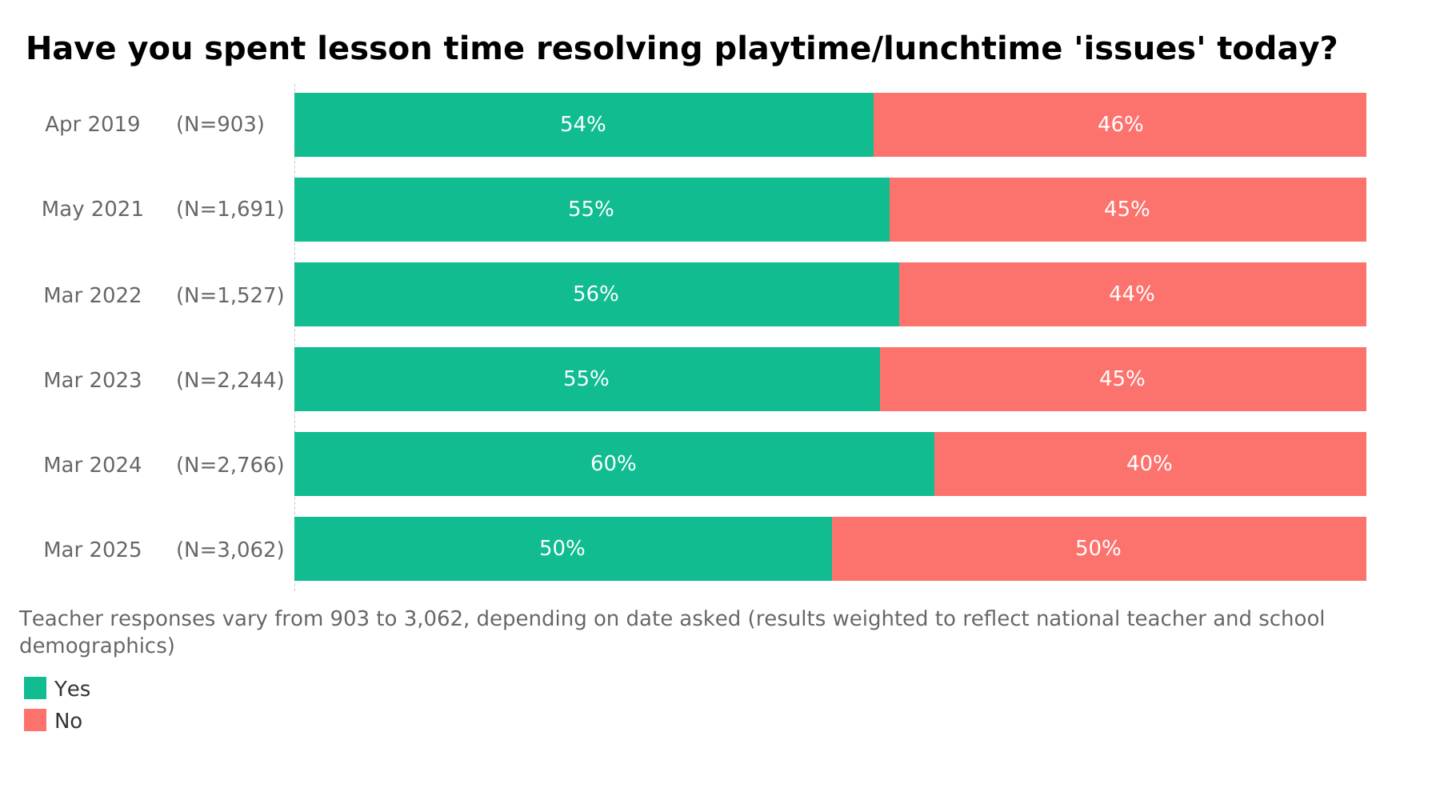
The likelihood of lesson time being taken for resolving playtime issues rises if you are in a primary school in a deprived area. In the most deprived primary schools, 54% of teachers were fixing lunchtime fallouts, and in the most affluent areas, this drops to 48%.
Playground duties
It’s a job that falls to almost every teacher in a school – the playground duty!
Whether it is supervising students on and off buses or managing the dinner queue – schools rely on teachers doing their duties to keep everyone safe and in the right places.
On Friday, just under half of all tappers were doing some kind of duty (48% of primary and 42% of secondary). But when you’re on duty, does the weather, or the person you’re on duty with, make a difference?
Dodge the rain or solo duties?
Bad weather is more likely to bother secondary school teachers compared to primary teachers (62% vs 41%).
A solo duty is considered worse to primary school teachers compared to secondary teachers (59% vs 38%).
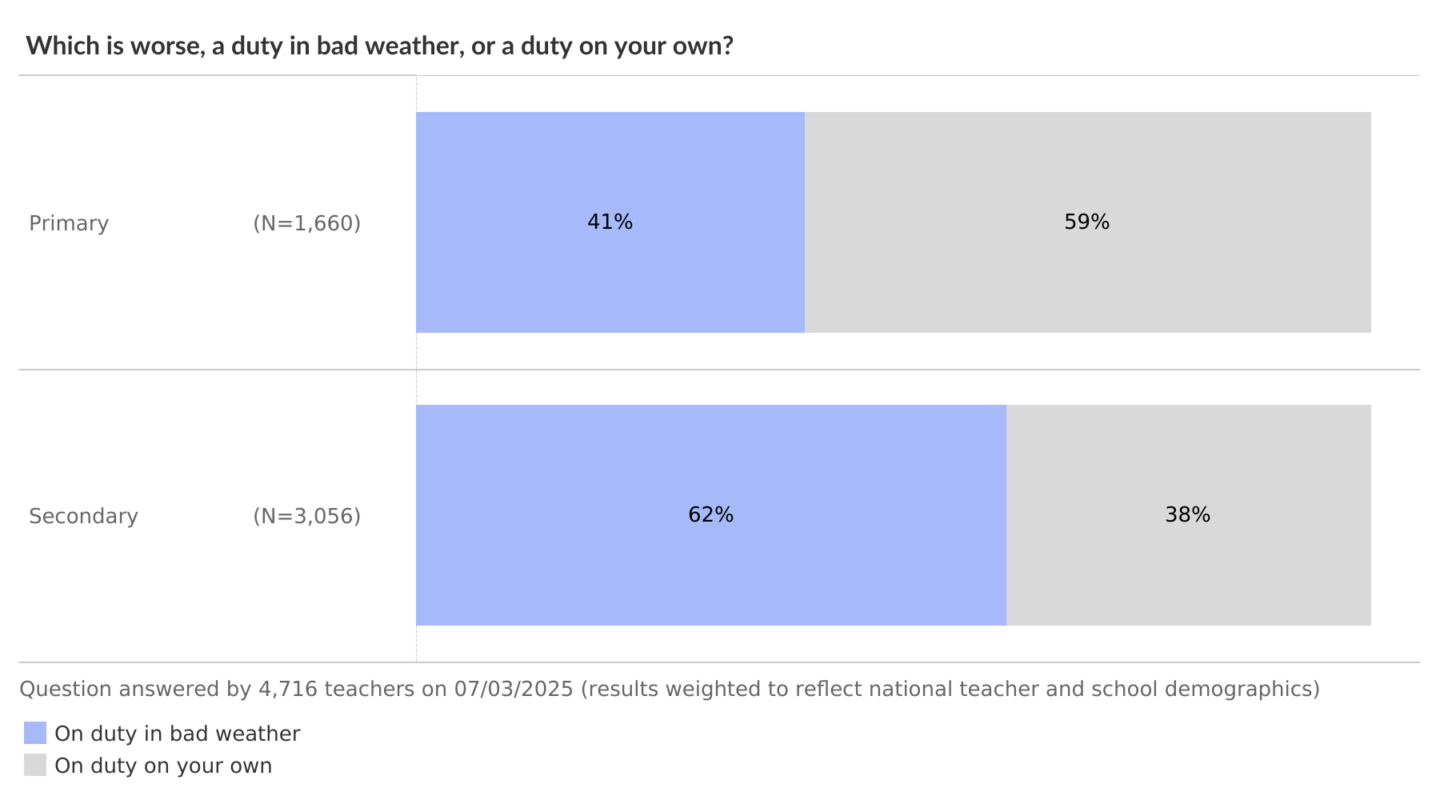
Fair weather or friends?
But what about the opposite? Is good weather preferable to a friend to be on duty with?
Primary teachers prefer good weather to company when compared to secondary teachers (70% vs 45%).
Secondary teachers prefer teacher friends to do the duty with, rather than sunshine (55% vs 30%).
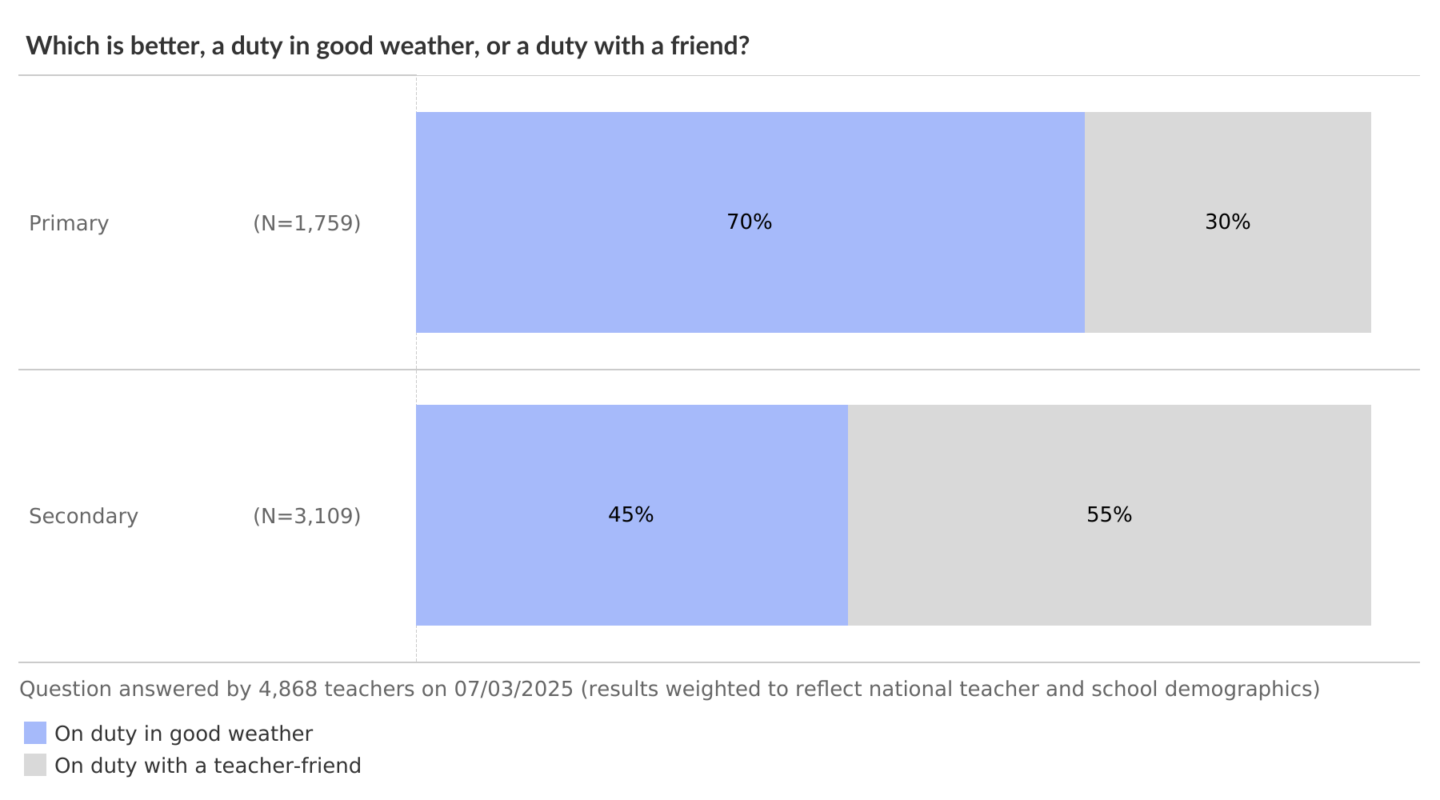
What might this tell us about duties 🤔 perhaps the provision for younger students when the weather is bad is less easy to manage, compared to older students. After all, ‘wet break time’ usually results in children crammed inside and small spaces, whereas at secondary there is typically more space for the students.
When it comes to who wants company when they’re on duty – is the preference to do a duty with a teacher-friend something leaders could harness? If 55% of secondary teachers would pick a friend over sunny weather, perhaps allowing staff to pick duty partners could improve staff wellbeing? After all, we have very little control over the weather, but the duty rota is something you can influence!
A teacher got in touch to ask if there was a difference between male and female responses to this question in secondary schools – and yes, there was!
59% of female secondary teachers would choose to be on duty with a friend, compared to 46% of male secondary teachers. However, for primary teachers, there was no significant difference between responses.
This could be due to the worries about dealing with more dangerous situations that might arise in secondary schools.
What is REALLY happening in the playground?
Clearly break and lunchtimes can be tricky parts of day – find out what is really happening using our School Survey pupil survey ‘Lunchtime Listen’. You can take part by following the instructions here.
The rise of the high-vis!
🦺 In 2022, 15% of primary teachers wore high-vis vests on duty, but today that is 28%!
🦺 Similarly, in secondaries, in 2022, 31% of secondary teachers were on duty in high-vis vests, and now it is 46%!
Is it okay to…
From high-vis to high stakes – marking with a glass of wine or in a café: a harmless habit or a grade-A mistake?
Compared to men, women are less likely to say that it’s okay to drink alcohol while marking (47% vs 61%), or when marking test papers (38% vs 55%).
Men were also more likely than women to give the green light to marking classwork in a cafe (83% vs 77%) or marking test papers (79% vs 68%).
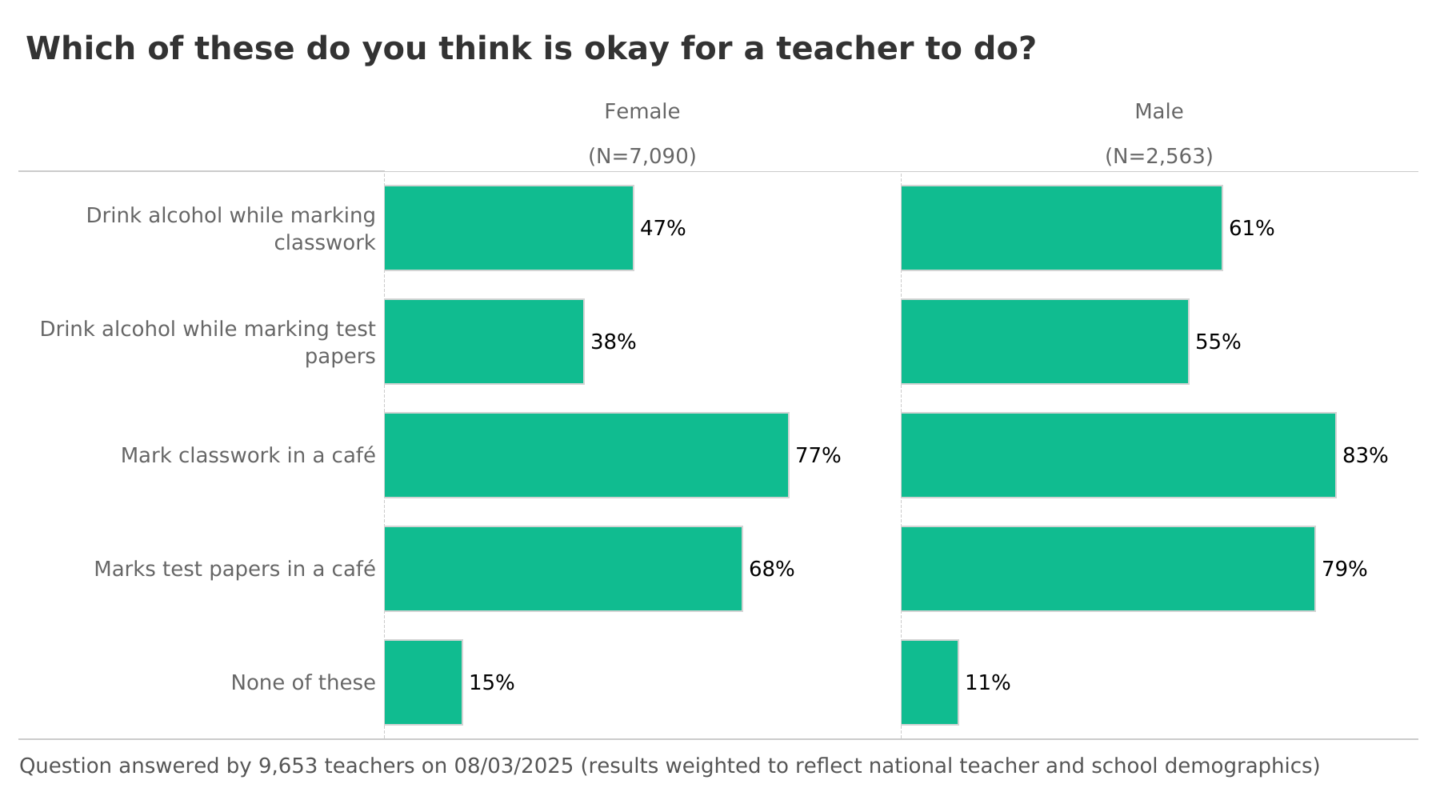
Phase, experience, age or seniority didn’t significantly change the results, but we will be asking another question about whether or not you have done these things – great suggestion from a Teacher Tapper on Bluesky!
Less writing, please
The length of the written portion of GCSE exams rose when the amount of controlled assessments and coursework were reduced as part of the curriculum reforms in 2017.
But how many teachers think the written exams for their subject are now too long?
📖📚 English teachers are the most likely to say the exams are too long (55%).
🧭👑Humanities teachers are next, with more than a third saying the exams are too long (38%).
But not everyone is unhappy. 🇫🇷🇪🇸MFL teachers were the most likely to say the length was ‘about right’ (83%).
Daily Reads
This week our most-read piece was super-popular! It was a research piece about the Batman Effect.
Have you seen a great blog you think would make a great daily read? Let us know by emailing england@teachertapp.co.uk and we will check it out!


